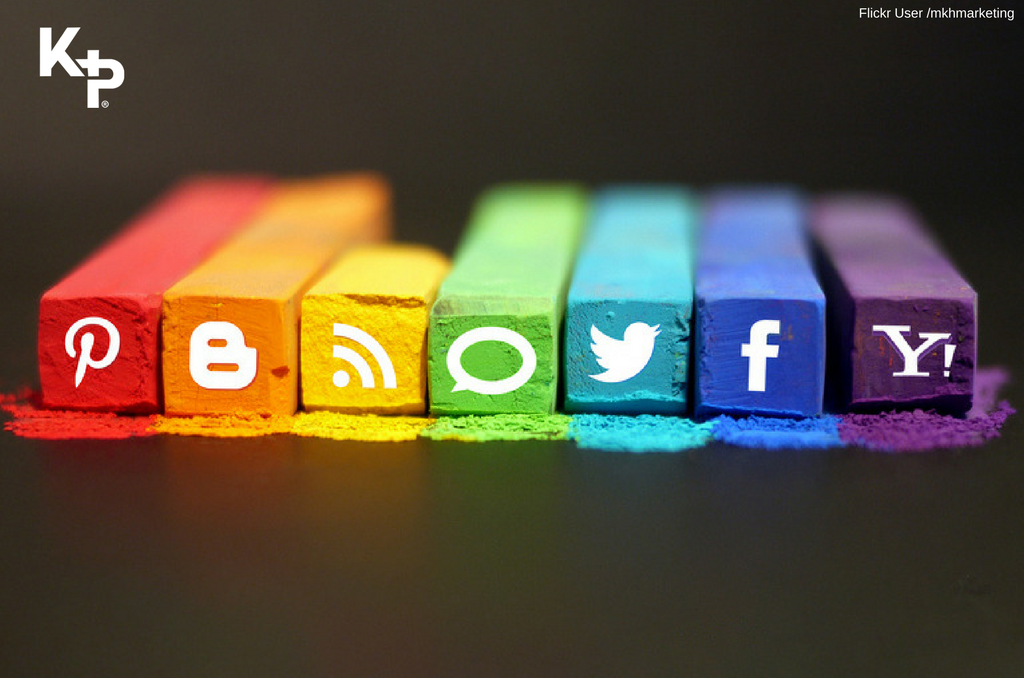A guide to social media for healthcare professionals
Monday, August 15th, 2016 | Blog
Social media has taken the world by storm in the past ten years. It’s weird to think there was a time when you couldn’t instantly update all your friends on what you are doing at that exact moment - you definitely couldn’t upload photos of your food! As social media has progressed, people have become more comfortable with what they post, which has led to some very awkward situations. This is especially true of people using their social media accounts to post work related media. One industry that is especially vigilant is healthcare, so here’s some general tips on how you should use social media if you work in healthcare.
-
Don’t ever post about patients or colleagues
This should be an obvious one, but people seem to make this mistake quite often. You should never, under any circumstances, post anything about a specific person. Patient confidentiality is one of the cornerstones of medicine, and leaking information in this manner would likely be a case of gross misconduct - which would obviously lead to instant dismissal. The Caldicott Report that was commissioned in 1997 goes into great detail about how the information of patients should be handled, it’s definitely worth looking into if you work in healthcare.
-
Don’t upload any pictures of your workplace
This is another obvious one, but still important none-the-less. Don’t ever upload a picture of yourself in your workplace, or even a picture of your workplace, during a shift. Patients in a hospital have what is called a “reasonable expectation of privacy”, so hospitals are often very strict about photography on their property. This would be another case where instant dismissal would likely be the result. The NMC code of professional standards was recently updated to include guidelines and rules on the use of social media.
-
Don’t use social media to raise grievances about your work environment
A lot of people like to vent their personal issues on social media, it’s a way for people to release their anger in a constructive and non-aggressive manner. Facebook and Twitter are not the place to talk about workplace issues though, especially when it is very easy for your employers to potentially see it. Every single workplace has issues, but there’s a correct way to handle those issues - social media is not the correct way.
-
Do set up restrictions
It is possible to restrict the level of content people can see on your social media profiles. This means that people who aren’t approved by you can not see what you post on Facebook. This obviously won’t work if you’ve got your boss as a friend on Facebook, it’s risky if you’ve got colleagues on there as well - they might take exception to your ramblings about their workplace.
-
Do keep separate profiles
If you really want to keep in touch with work friends, make a separate profile for work. This gives you some ease of mind, as your personal profile is less likely to come under scrutiny. It’s maybe even worth using different platforms for specific reasons, use Facebook for personal life and Twitter for work purposes - there’s less confusion this way.
Is there anything you think we’ve missed? Please feel free to comment and let us know. Alternatively, here’s the 5 best ways to wind down after a 12 hour shift.














